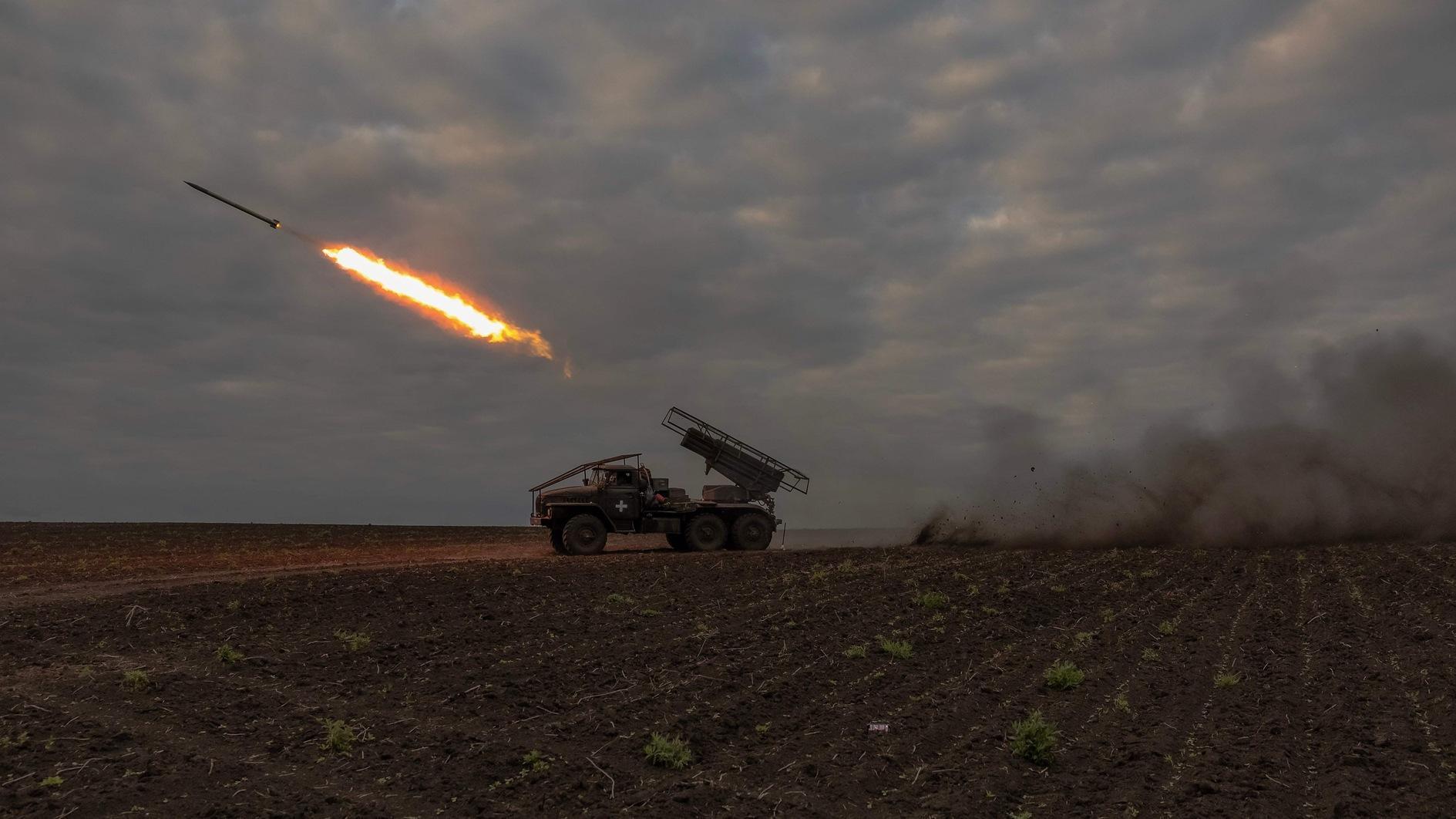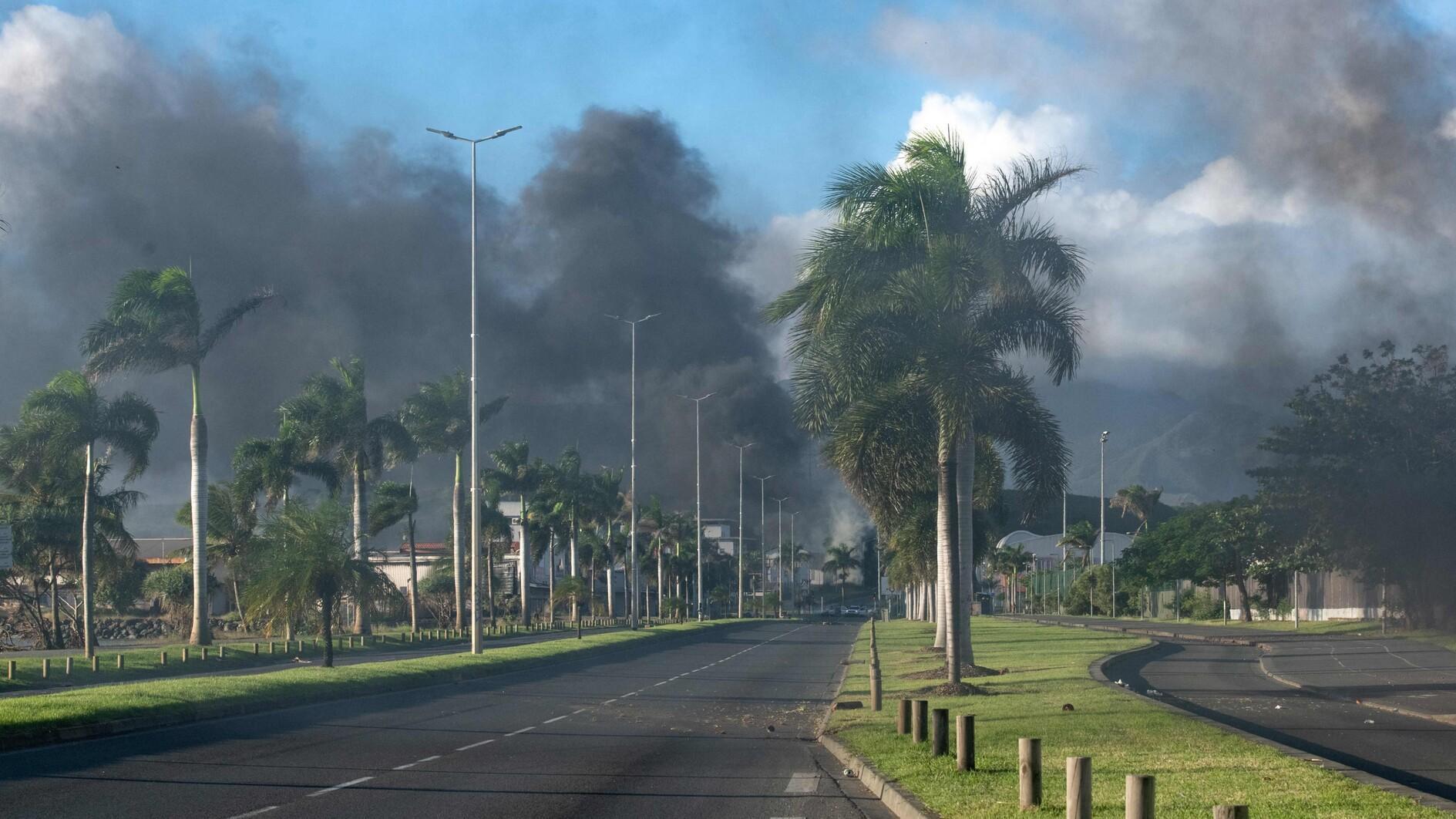No other countries involved in PKK talks…yet
Sadly and ironically, the murder of three outlawed Kurdistan Workers’ Party (PKK) members in Paris has served to make us optimistic that talks initiated by the government for a solution to the Kurdish problem will remain immune to provocations. Yet this immunity might not prevent future initiatives of sabotage.
It is crucial for the Turkish government to take the necessary measures to minimize the likelihood of provocative acts. This requires short-to-mid and long-term planning.
In the short term, the government is expecting the PKK’s armed groups to withdraw beyond Turkey’s borders. Even this first step brings the regional dimension – and therefore third, fourth and fifth parties – into the equation.
Disarmament will start following the retreat. This is what we have heard officially so far. The next steps will have to deal with what to do with arms but more importantly what to do with PKK members after they lay down their arms. Some will come back to Turkey, some will stay where they are and some will go to Europe. At any rate, there will come a time when the involvement of third parties, and several of them, will become inevitable.
In contrast to the Oslo process, where Turkish state officials met with the PKK’s European representatives in the Norwegian capital in the presence of a foreigner, “there is no third country involved in the process right now,” an official who is familiar with the current process told me. But he did say that the United States will become more involved through Northern Iraq.
The Iraqi Kurdish leadership will play a key role in this whole process. Turkey’s improved relationship with the Kurdistan Regional Government (KRG) is therefore an important asset but having Iraqi Kurds on board is not enough.
While Washington will be willing to work for the solution to the Kurdish problem; this is not the only issue on its plate. Maintaining stability in Iraq – albeit a fragile one – is more important than the Kurdish issue. It might, therefore, put pressure on Turkey to change its stance toward the Nouri al-Maliki government.
Independent of U.S. pressure, the new process requires Turkey to reassess its relations and try to move the strains in its ties as much as possible with neighboring countries. Times are coming when indeed we will wish for zero problems with neighbors if we want the solution process to continue without any derailing.
“The moment I heard the details of the murders in Paris, I thought of only one country capable of doing it: that’s Iran,” a Turkish official who previously worked in Paris told me. “This is highly sophisticated and very bold. Iran has previously used this type of sophisticated method to kill opposition members in France. They are the only country that can challenge France in this respect.” Whether or not it was Iran this time, as long as Turkey’s relations with its neighbors remain the way they are then the possibility of third parties trying to sabotage the process will also remain high. That’s why a policy that upholds national interests, free of ideological preferences, needs to be reinvigorated.











